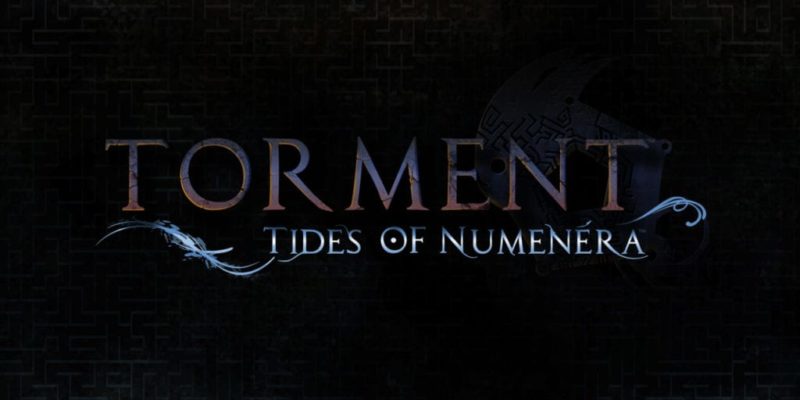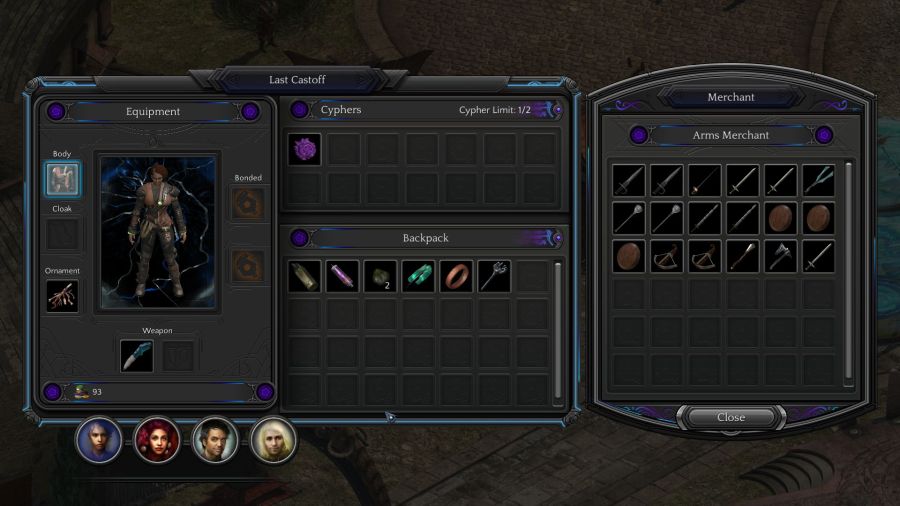

Which is what these games are for, to an extent, right? You want to explore these spaces and scenarios multiple times and probe them in different ways. By focusing on something a little smaller they seem to have made something quite dense and that won’t sap all your time as you play it once, twice, thrice. But no, that’s good, and gels with my impressions of it. Sorry, am I gushing?Ĭhris: I do feel damp. There are a few factions in Tyranny, but I don’t think of them so much as the faces that represent them. And it manages it by picking a tight focus – just a couple of pockets of resistance in one corner of a world otherwise ruled by evil – and sticking to a handful of characters. Tyranny is as reactive as you remember Baldur’s Gate and Icewind Dale and all those other old RPGs to be before you go back and replay them. OK: one clever thing it does is be quite short.

But yeah, that’s a real good example of a studio taking older ideas and spinning them in new light. Have you played any Tyranny?Ĭhris: I have played some Tyranny. But now we’re moving beyond nostalgia into this more experimental space. It feels as if the first wave of Kickstarter RPGs allowed devs to pick up where they left off in 2000, before publishers and the move to 3D pretty much killed literary RPGs, and that was good.

Jeremy: Huh, yeah – the western RPG hadn’t felt like an emergent art form for a long time, until maybe a year or two ago. You should check out the article if you're looking for reasons to pick up Tyranny, Divinity: Original Sin, and Torment: Tides of Numenera, or if you would like to get excited about Divinity: Original Sin II and No Truce With the Furies. A couple of PCGamesN editors have recently sat down to discuss InXile's Torment: Tides of Numenera and that led them to a lengthy conversation about a bunch of recent and soon-to-be-released CRPGs.


 0 kommentar(er)
0 kommentar(er)
